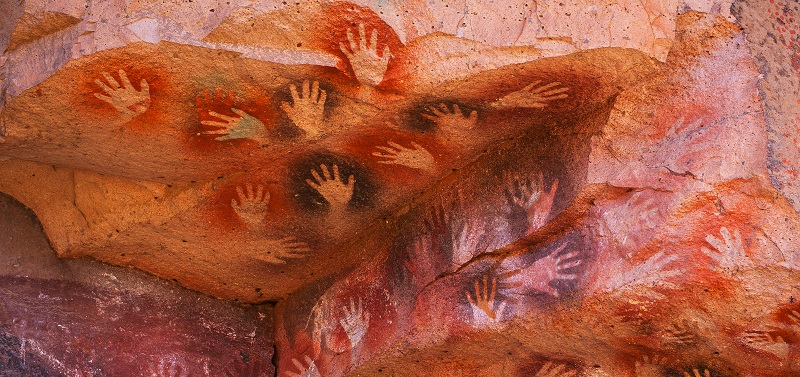
Understanding adoption and “alien worlds” through the lens of the pandemic
Being in the midst of a pandemic where many of us have had the experience of being cast out of the workplace and other communal spaces has provided a new opportunity for me to reflect on how loss and sudden change can affect and destabilise us, and how we are all living in a very changed, unrecognisable world.
My name is Alison Roy and I am a consultant child and adolescent psychotherapist and a clinical lead for a Specialist Adoption Service (AdCAMHS). I have written a book called A For Adoption in response to a plea from adoptive parents to share something of the reality of their experience.
I found myself writing and thinking about the experience of adopted children arriving in unfamiliar families or worlds at a time when people all over the world had discovered that a potentially deadly virus had altered their lives irretrievably, almost overnight. So much of what had been familiar to us suddenly felt changed, alien and out of reach and with so very little time to adjust.
This alien world we have found ourselves in could perhaps offer us an opportunity to understand, in part anyway, something of the adoption story. We have each had to negotiate massive changes in our environments and our relationships; an experience which has sorely challenged our sense of safety and stability but also our perception of “home”.

I talk more about these concepts in A For Adoption, and below is an extract from the book discussing the different feelings and identity issues that can arise for adopted young people.
Adopted children and young people often describe how confused and conflicted they feel. Some say they feel “stuck” in a life they haven’t chosen whilst being filled with love and gratitude for their adoptive parents, others harbour a deep resentment about being removed from their birth parents or long-term foster carers, in order to complete a new family, knowing that their first family has been broken. There are also others who feel that their adoptive parents are “perfect” for them and can’t imagine being anywhere else.
However, even those who feel very much at home can describe the same feelings of confusion about their identity, and struggle to be authentic – to know where they “fit” in society. The fact that children weren’t able or permitted to make their own decisions about their futures can also create tension between them and their adoptive parents.
The pandemic has certainly given me a better understanding of those families I work with, but perhaps it has also provided each of us with an opportunity to reconnect with our own stories of loss and change. If this resonates with you, you may be interested in the Masterclass we ran in partnership with the Digital Academy.

Interested in learning more?
‘A for Adoption: Relationships Matter’ is for professionals who work with adoptive families. If you work in adoption, watch a recording of our Masterclass.